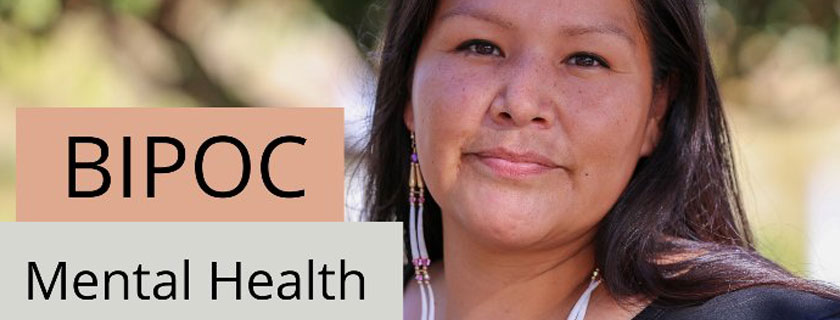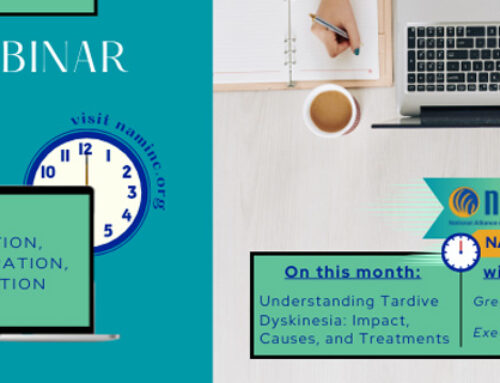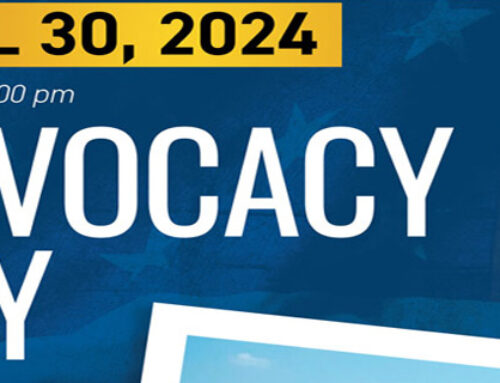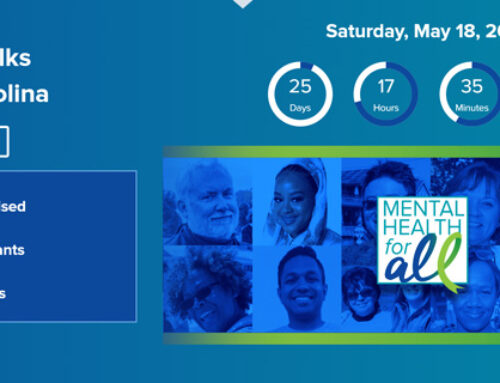Did you know that NC is home to the largest population of Indigenous people east of the Mississippi River? This week’s spotlight for Minority Mental Health Awareness Month is our indigenous community.
Mental health and emotional well-being among Native people are often closely tied to cultural traditions of prayer and ceremony. In recent generations, these supportive cultural traditions have been endangered by forced assimilation. The process of forced assimilation included children being forcefully separated from their communities to be educated in boarding schools, where their Native culture and languages were discouraged through extreme discipline, violence and death.
Due to this history and continued discrimination and lack of opportunity, there are thousands of Native people suffering from multi-generational trauma. The result of this trauma includes mental illness, substance use disorders and suicide. Nearly a quarter (22%) of Native adults experienced mental illness in the last year. Some studies have shown alcohol and other drug use at younger ages, and at higher rates than for other ethnic groups. And suicide rates for Native youth are exceedingly high, over double the rate of white youth.
Click here for more information about mental healthcare and resources for our Indigenous communities





